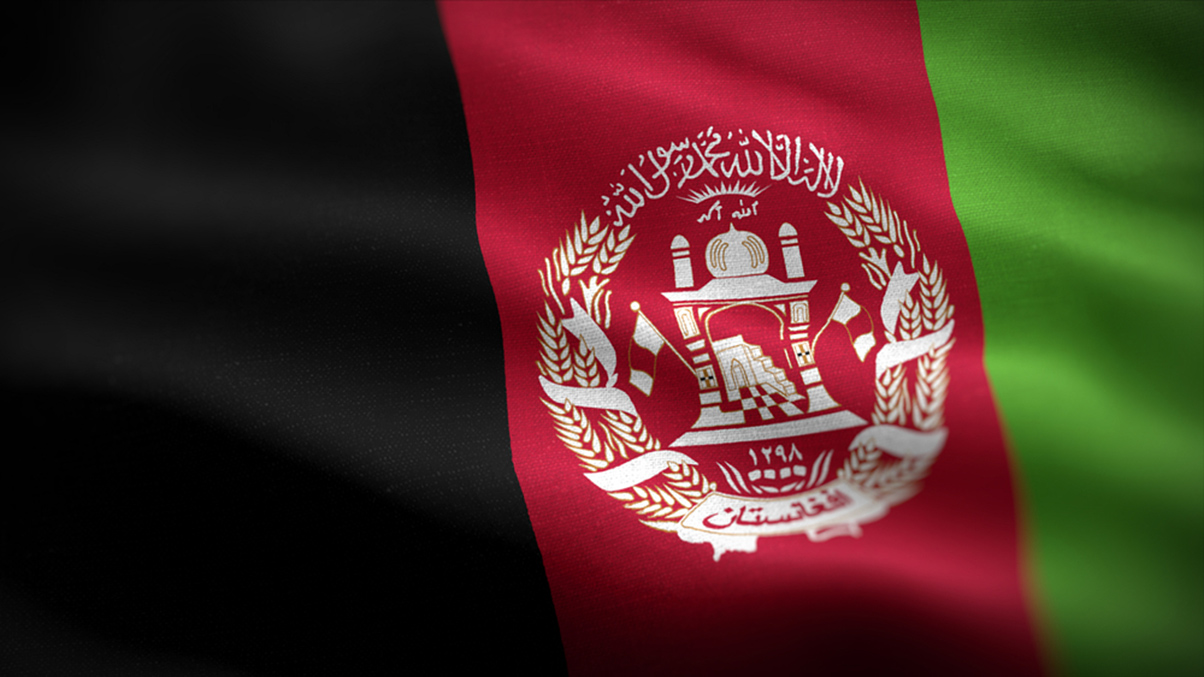The UK, along with its western allies, is formulating stricter sanctions against Russia in the hope of deterring it from taking action against Ukraine. In this article David Savage, Oliver Ingham and Thulasy Packianathan examine the existing sanctions regime against Russia and how this regime may be expanded if Russia does invade.
Tensions have risen between Russia and Ukraine due to concerns in Russia that Ukraine is becoming increasingly allied to the west, with Ukraine indicating that it will apply to become a member of the EU in 2024 and wishes to join NATO. In response, Russia has issued a list of demands to reduce western influence in Ukraine.
More than 127,000 Russian troops currently surround Ukraine’s border. Following Russia’s 2014 annexation of Crimea, the prospect of Russia invading Ukraine again seems highly likely.
While the UK has responded to the crisis by offering NATO an additional 900 troops for deployment in Estonia, it is clear the main focus is economic sanctions.
The UK and its western allies are formulating tougher sanctions in the hope of deterring Russia from taking further action against Ukraine. Coordinated sanctions are most effective, so it is no surprise that the UK, EU and US have been in discussions regarding the details of what additional sanctions might entail.
Existing UK sanctions regime
The existing UK sanctions regime under the Russia (Sanctions) (EU Exit) Regulations 2019 (the “Regulations”) imposes financial, trade, transport and immigration sanctions on Russian individuals and entities that are linked to the destabilisation of Ukraine. The UK’s sanctions reflect and build upon those introduced by the EU when Moscow annexed Crimea in 2014. The UK has increased the scope of its sanctions in recent years in response to further deterioration in UK-Russia relations.
The UK’s current regime against Russia includes:
1. Financial sanctions
This includes asset freezes against designated persons (individuals or entities) and restrictions on granting credit to designated persons. It also includes restrictions on investments relating to Crimea, such as acquiring land or trading securities in an entity with a place of business in Crimea.
The list of designated persons is updated from time to time without the need for further legislation.
2. Trade sanctions
This includes restrictions on trading in the following areas:
- provision of technical assistance, armed personnel, financial services or funds, or associated brokering services where such provision enables or facilitates the conduct of certain military activities
- military goods and technology
- arms and ammunition
- dual-use goods and technology
- energy-related goods and services
- goods originating in Crimea
- infrastructure-related goods and services
- services relating to tourism in Crimea.
3. Travel restrictions
Designated individuals will be refused leave to enter or remain in the UK. Any application they make for a visa to travel to the UK, including for transit purposes, will be refused.
Possible developments
In response to Russia’s recent actions, the UK has announced that it will be introducing secondary legislation to expand the current sanctions regime, which is due to be implemented by 10 February 2022. The existing regime focuses on those directly linked to the destabilisation of Ukraine. However, the new powers will allow the UK to sanction “any individual and business of economic or strategic significance”, including those who support Russia’s actions against Ukraine and those who are “of wider significance to the Kremlin”. This proposed legislation enables the UK to target a wider group of subjects.
While these would not be automatic sanctions, it provides the UK government with the ability to act quickly in the event of any further Russian incursion into Ukraine.
Possible target areas for the new sanctions include:
- Extending the current financial sanctions to include further individuals and entities in Russia, including restricting access to Russian sovereign debt markets.
- Extending current trade sanctions to include sectors not directly related to Russia or Crimea, including technology, energy and insurance.
- Extending travel restrictions to include further individuals.
- Targeted sanctions relating to the Nord Stream 2 pipeline. This gas pipeline running between Russia and Germany has become a key issue in discussions about possible further sanctions. Targets for financial sanctions may include Nord Stream 2 AG, the Swiss company operating the pipeline, and its executives. This is in the hope of preventing the pipeline from becoming operational and used as an economic weapon by Russia against European countries.
However, Germany and other European states are nervous about harsh sanctions such as this due to energy supply concerns. An alternative (perhaps less disruptive) approach being discussed is wider trade sanctions relating to the energy sector and the supply and financing for the pipeline. Germany has also indicated that a possible response to further Russian aggression could be the revocation of German regulatory approval for the pipeline. - Removal of access to the SWIFT payment system. There have been discussions in recent years about the possibility of disconnecting Russian financial institutions from the SWIFT financial messaging system. This measure was controversially employed against Iran in 2012. However, at the time, Iran was already largely disconnected from the global financial network, which reduced the impact of the measure.
Disconnecting Russian banks from SWIFT, however, is seen as an extreme option given the significant impact on not only the Russian financial system but also on the west and the global financial system generally. Since Russia’s leading exports are critical to the EU, it is likely this would only be considered as a last resort in the case of major aggression by Russia.
Although western governments are working to coordinate any sanctions introduced, it is likely they will diverge in some ways, largely due to geographical considerations. This divergence will add more layers of complexity to compliance, and companies should be working now to prepare for what is to come. Below we outline some possible steps and considerations that may assist.
Next steps
Corporates and financial institutions with a nexus to Russia, be that credit lines, supply chains or financial instruments, need to fully understand their exposure and identify proactive steps that can be taken should additional sanctions be implemented. Actions that can be taken include:
- Undertake a risk assessment of Russian business lines, ensuring that all aspects of the business are included.
- Update sanctions policies and procedures, including recusal policies.
- Engage with sanctions authorities to understand the impact of additional sanctions.
- Review contractual provisions, including wind-down clauses, sanctions, force majeure, indemnities and warranties to ensure that they all cater for additional sanctions and, where necessary, update and negotiate these.
- Engage with banks and insurers to ensure that relevant financial facilities and coverage are not impacted.
- Ascertain operational impact of sanctions, particularly in circumstances in which operations take place in Russia.
- Consider counter-sanctions.
- Update customer due diligence records and ensure that screening software solutions are up to date.
- Update training decks and ensure that appropriate, tailored training is promptly rolled out to staff.
- Consider whether EU, US or UK licences should be sought.
Stewarts Litigate
Stewarts has launched a ground-breaking after the event (ATE) insurance facility with Arthur J. Gallagher Insurance Brokers Limited. ‘Stewarts Litigate‘ is designed to work alongside our alternative funding agreements. The facility provides our commercial disputes clients with rapid access to comprehensive ATE insurance at pre-agreed market leading rates. The facility can provide coverage of up to £4 million in three business days and up to £18 million within ten business days.
Find out more about Stewarts Litigate here.
This communication has been authorised by Arthur J Gallagher Insurance Brokers Limited for the purpose of s21 of the Financial Services and Markets Act 2000
You can find further information regarding our expertise, experience and team on our Financial Crime page.
If you require assistance from our team, please contact us.
Subscribe – In order to receive our news straight to your inbox, subscribe here. Our newsletters are sent no more than once a month.






